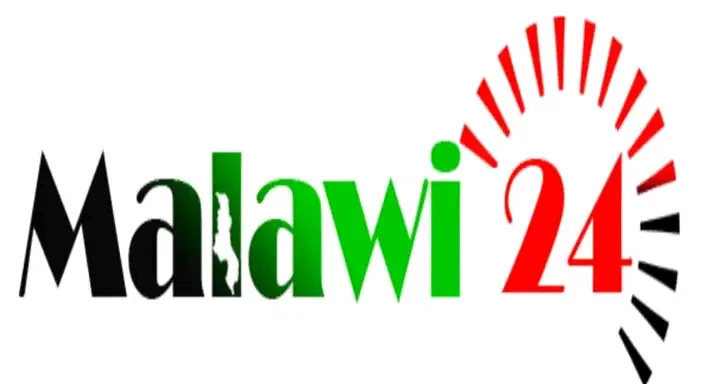
At the Mquocha border in Mzimba District, smuggling has reached alarming levels, with cross-border trade between Zambia and Malawi thriving unnoticed.
An undercover investigation by Malawi24 has uncovered a sophisticated network of illegal trade that is depriving Malawi’s government of millions in revenue.
Key players in this illicit activity include Zambian business operators who enter Malawi to purchase goods such as tobacco and fuel. Some farmers and fuel station operators, enticed by the promise of quick profits, are aiding and abetting these illegal transactions.
During the investigation, a Malawi24 reporter encountered Kalufya Musonda, a Zambian businessman openly involved in fuel smuggling. Musonda was found transporting over 100 jerry cans of petroleum to Zambia, a trade he admitted to having conducted for more than a decade.
Inside the Smuggling Operation
When questioned about his activities, Musonda revealed the deep-rooted corruption that allows him to cross the border freely:
Musonda: “I’ve been running this business for more than 10 years, and I have people who buy fuel for me from a particular filling station at Mzimba Boma (name withheld). I cross the border whenever I want without any trouble.”
The reporter pressed further, asking how Musonda manages to evade border security:
Musonda: “Brother, where there’s money, anything is possible. I usually spend between MK 500,000 and 1 million, depending on the situation. I also use secret routes near the border and get help from some officers.”
In a risky undercover operation, the Malawi24 reporter accompanied Musonda on a border-crossing journey to witness the smuggling process firsthand. They travelled from Manyamula to the Mutosha border post, where Musonda met with officers from the Malawi Revenue Authority (MRA) and the police.
To the reporter’s astonishment, Musonda’s passage was unhindered. A brief exchange with the officers, followed by discreet payments, smoothed the way, allowing him to cross the border with his smuggled fuel without any inspection.
This smuggling network is costing Malawi’s government millions in lost tax revenue. Fuel smuggling alone poses serious risks to the country’s economy, undermining legal businesses that comply with tax regulations. Additionally, the illegal sale of tobacco to foreign buyers weakens the efforts of Malawi’s regulatory agencies and deprives the country of valuable foreign exchange.
Experts warn that unless immediate action is taken, smuggling at the Mquocha border will continue to thrive, further crippling Malawi’s economy. Authorities are being urged to tighten border security, investigate the involvement of corrupt officials, and implement stringent measures to curb this illegal trade.
As Musonda’s story demonstrates, smuggling is not just about evading taxes — it’s about corruption, weak enforcement, and the lure of easy money. Until these systemic issues are addressed, the Mquocha border will remain a gateway for smugglers, and Malawi will continue to lose millions














